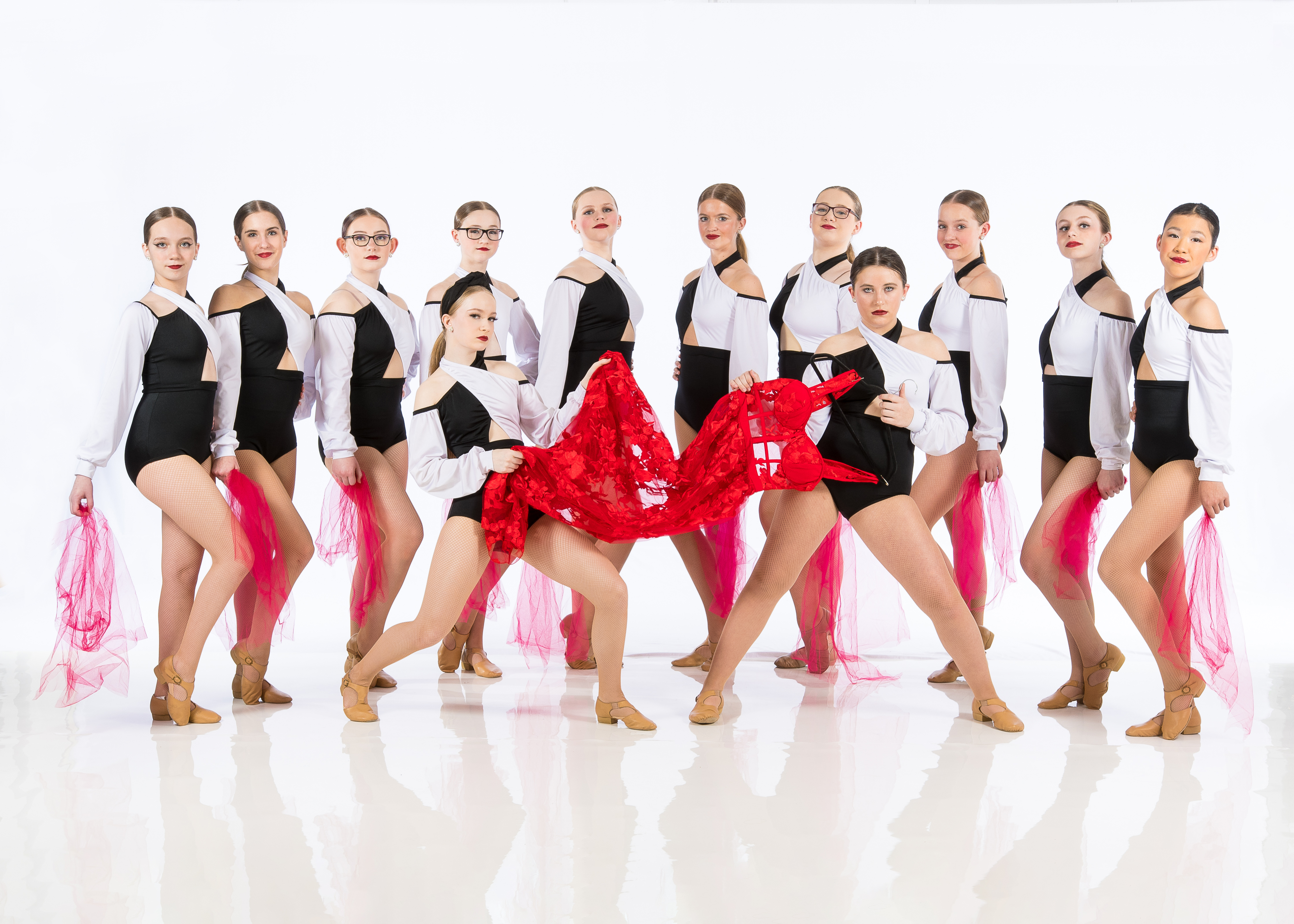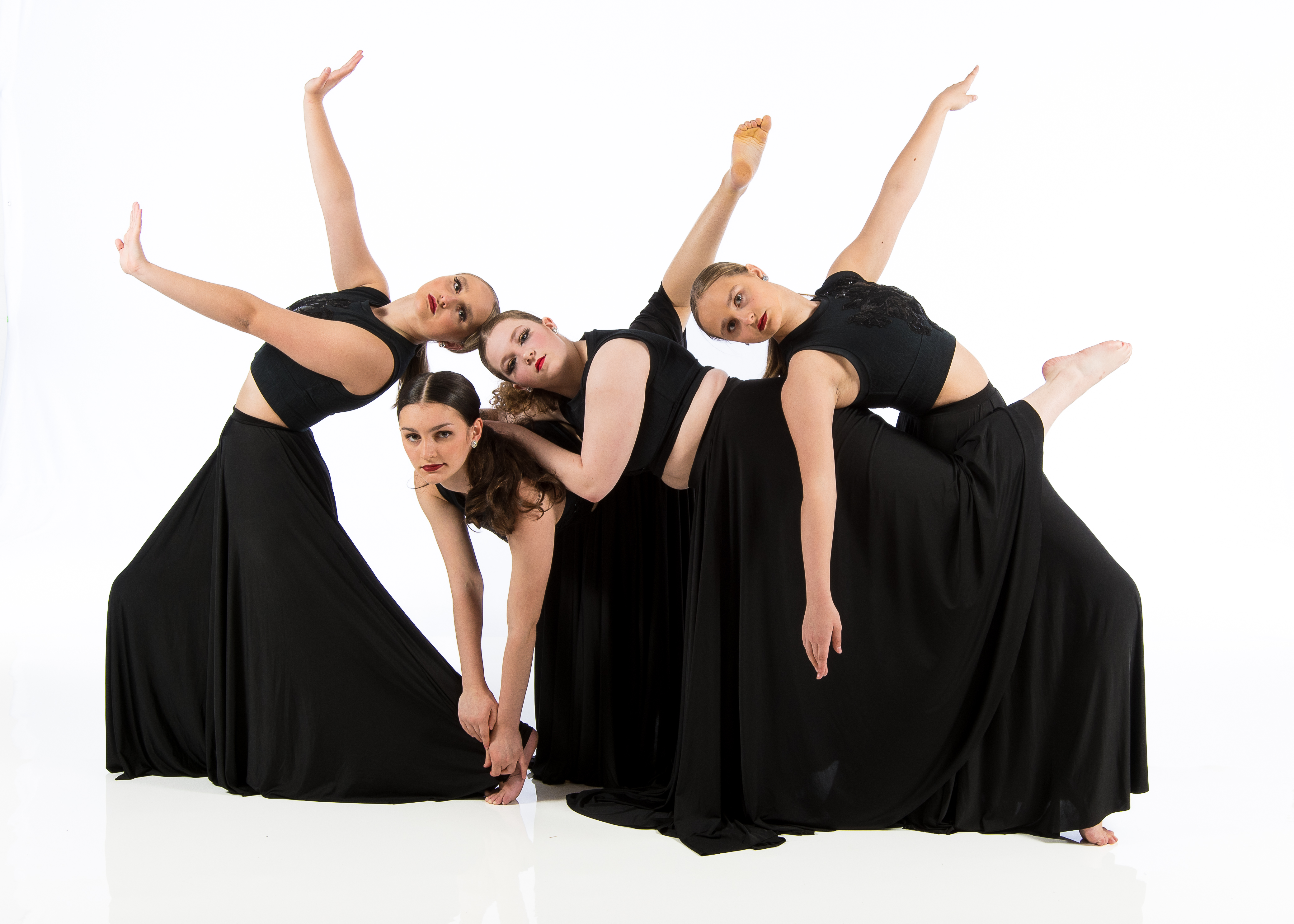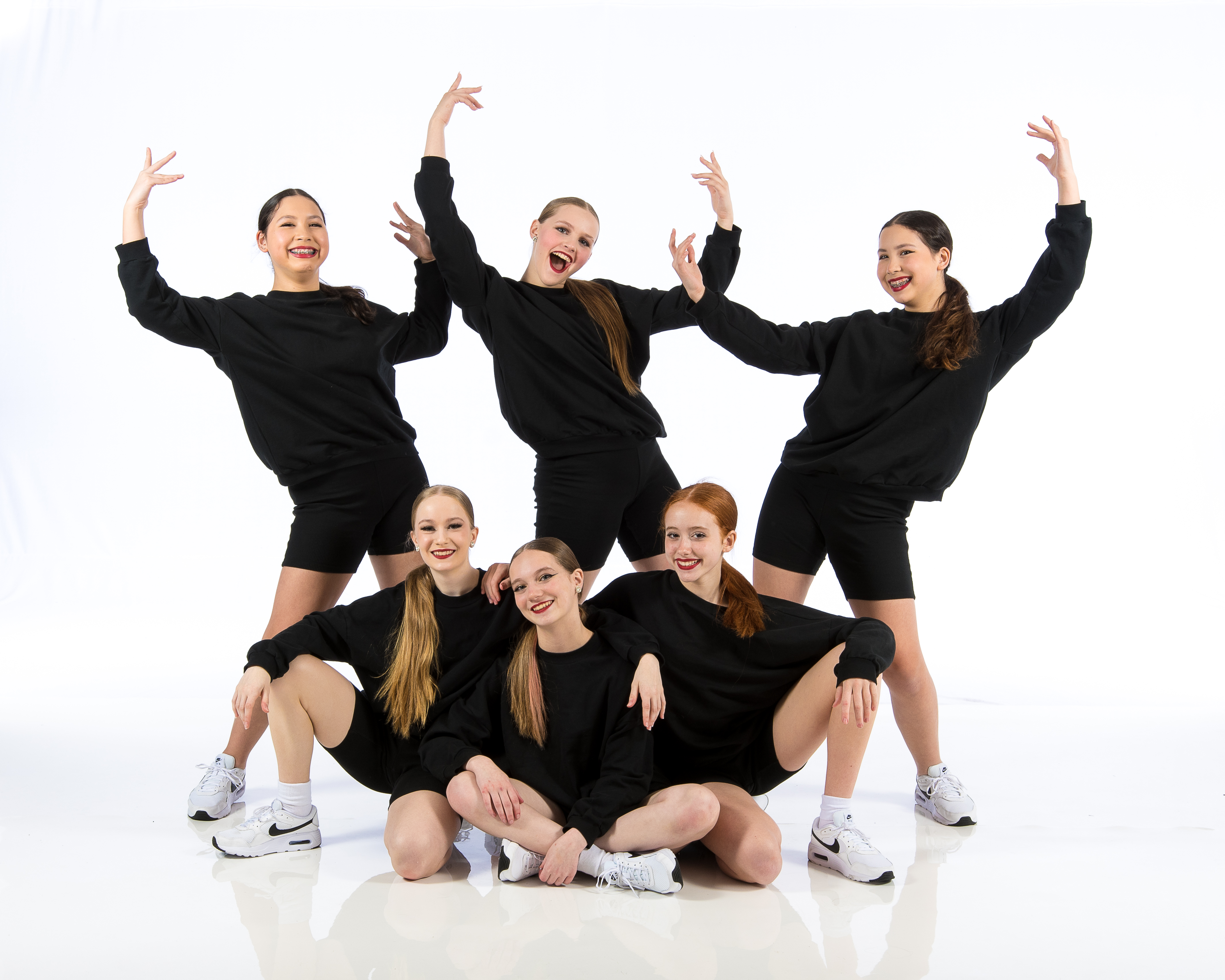Introduction
Stepping right into a dance studio for the very first time is a thrilling experience, one that can stir a cocktail of emotions-- enjoyment, uneasiness, expectancy. Whether you're a skilled dancer or just beginning your trip, recognizing the nuances of dance studio etiquette can raise your experience and enhance your partnerships with instructors and fellow professional dancers alike. In this thorough guide, we'll dive deep right into Mastering Dance Studio Rules: Essential Tips for Beginners and Pros Alike
From standard regulations to advanced factors to consider, this write-up will cover every little thing you require to know about browsing the vibrant globe of dancing workshops. So tighten up those shoelaces and allow's get started!
The Importance of Dance Studio Etiquette
Why Rules Matters in Dancing Studios?
In any kind of artistic environment, decorum plays a crucial function in keeping consistency and respect among participants. Dance workshops are no exception. Good etiquette fosters a positive atmosphere where creative thinking can flourish.
- Respect: Being mindful in the direction of teachers and fellow dancers develops mutual respect. Focus: Etiquette minimizes interruptions, allowing everybody to focus on learning. Community: Rules helps produce a helpful neighborhood that motivates growth and camaraderie.
Common Misconceptions Concerning Dance Studio Etiquette
Many novices hold false impressions concerning what comprises appropriate actions in dancing studios. Let's expose some myths:
- Myth 1: "Only advanced dancers need to adhere to etiquette." Fact: Rules is vital for all levels; it shows professionalism. Myth 2: "Instructors are also strict about regulations." Fact: Teachers apply policies to keep order and respect.
Basic Dance Studio Rules for Beginners
Dress Code: What to Wear?
First perceptions matter! The ideal attire not only shows your commitment yet likewise enhances your performance. Right here's just how to dress appropriately:
- Comfort: Choose clothing that allow cost-free movement. Footwear: Buy good-quality shoes matched to your dancing style.
|Dance Design|Advised Attire|| -------------|-------------------------|| Ballet|Leotard, tights, ballet slippers|| Hip-Hop|Loose-fitting clothes, tennis shoes|| Faucet|Comfy clothing, faucet footwear|
Arriving in a timely manner: Preparation is Key!
Being late can interfere with the whole class. Aim to get to the very least 10 mins early to:
- Warm up. Settle in mentally.
Tip: If you're running late as a result of unexpected scenarios, inform the instructor beforehand.
Quiet Zone: Preserving Silence Before Class
Dance workshops flourish on emphasis. Keep conversations to a minimum prior to class begins to make sure everyone can prepare mentally.
Intermediate Dance Studio Decorum: Building Relationships
Respecting Personal Space in Class
Every professional dancer deserves their area during session. Avoid crowding others while exercising moves or routines.
Why It Issues: Respecting personal space promotes comfort and promotes much better understanding experiences.
Listening Proactively Throughout Instructions
When a teacher is talking, it's crucial to focus. Active paying attention demonstrates regard and helps you understand essential concepts.

How To Program Energetic Paying attention:
Maintain eye contact with the instructor. Nod when appropriate. Ask making clear concerns if needed.Advanced Dance Studio Etiquette: Elevating Your Experience
Providing Positive Comments Wisely
As you grow much more seasoned, sharing comments becomes part of the culture. Nevertheless, strategy this gently:
Focus on particular activities instead of general critique. Offer ideas only if gotten by peers.Encouraging Others: Structure Community Spirit
Support your other professional dancers through encouragement:
- Compliment their efforts genuinely. Celebrate their accomplishments openly.
Mastering Dance Studio Decorum: Necessary Tips for Beginners and Pros Alike-- The Instructors' Perspective
Understanding Instructor Expectations
Instructors typically have certain assumptions pertaining to habits in class. Familiarizing on your own with these can significantly enhance your learning experience: https://lanerurt.bloggersdelight.dk/2025/01/18/from-newbie-to-expert-browsing-dance-studio-etiquette-for-an-unified-experience/
Listen diligently when they speak. Follow instructions precisely. Give your best effort during every session.Building Rapport with Your Instructor
Establishing a great partnership with teachers can be valuable for your development as a dancer:
- Ask concerns associated with choreography or technique after class. Thank them for their guidance post-class; recognition goes a lengthy way!
Handling Problem Gracefully in the Dance Studio Environment
Dealing with Disagreements Among Peers
Conflicts may develop within any type of team setting; recognizing how to handle them with dignity is important:
Approach the individual independently without escalating tension. Use "I" statements rather than "you" statements (e.g., "I felt overlooked when ...").Addressing Concerns with Instructors Professionally
If you have concerns pertaining to direction or class characteristics:
Request a personal conference after course hours. Express your feelings constructively focusing on services rather than complaints.The Function of Non-Verbal Interaction in Dancing Studios
Understanding Body Language Signals
Dance inherently involves non-verbal communication; comprehending just how body movement functions in this context is necessary:
Positive body language (e.g., open stance) cultivates connection. Negative signals (gone across arms) might convey defensiveness or disengagement.Using Eye Get in touch with Efficiently During Classes
Maintaining eye contact with instructors communicates listening while additionally assisting construct rapport amongst peers during group performances!
FAQs
Q1: What must I use for my initial dancing class?
A1: Go with comfy apparel that allows free motion-- yoga exercise pants or tights paired with a fitted leading jobs well!
Q2: Is it okay to miss out on classes occasionally?
A2: Life occurs! Notify your instructor in advance ideally; they'll value your consideration.

Q3: Just how do I deal with sensation shy around various other dancers?
A3: Begin little-- present on your own one-on-one prior to expanding communications gradually as knowledge grows!
Q4: Can I bring pals along to observe classes?

Q5: What if I disagree with an instructor's feedback?
A5: Approach them respectfully post-class; reveal sensations utilizing "I" declarations concentrating on positive discussion instead of confrontation!
Q6: Must I join performances also if I'm new?
A6: Definitely! Taking part boosts confidence-- speak out relating to any kind of doubts so holiday accommodations can be made accordingly!
Conclusion
Mastering dance studio decorum isn't practically adhering to regulations; it has to do with cultivating an enhancing atmosphere where everybody feels valued and inspired-- whether you're simply starting or refining advanced strategies as a seasoned pro! By adhering closely to these necessary suggestions detailed below under Mastering Dance Studio Decorum: Crucial Tips for Beginners and Pros Alike, not just will you improve your own experience but also add favorably in the direction of supporting a welcoming community within each dance studio you elegance with your presence! So take these insights onward into every studio space you go into-- and let the rhythm lug you towards excellence!